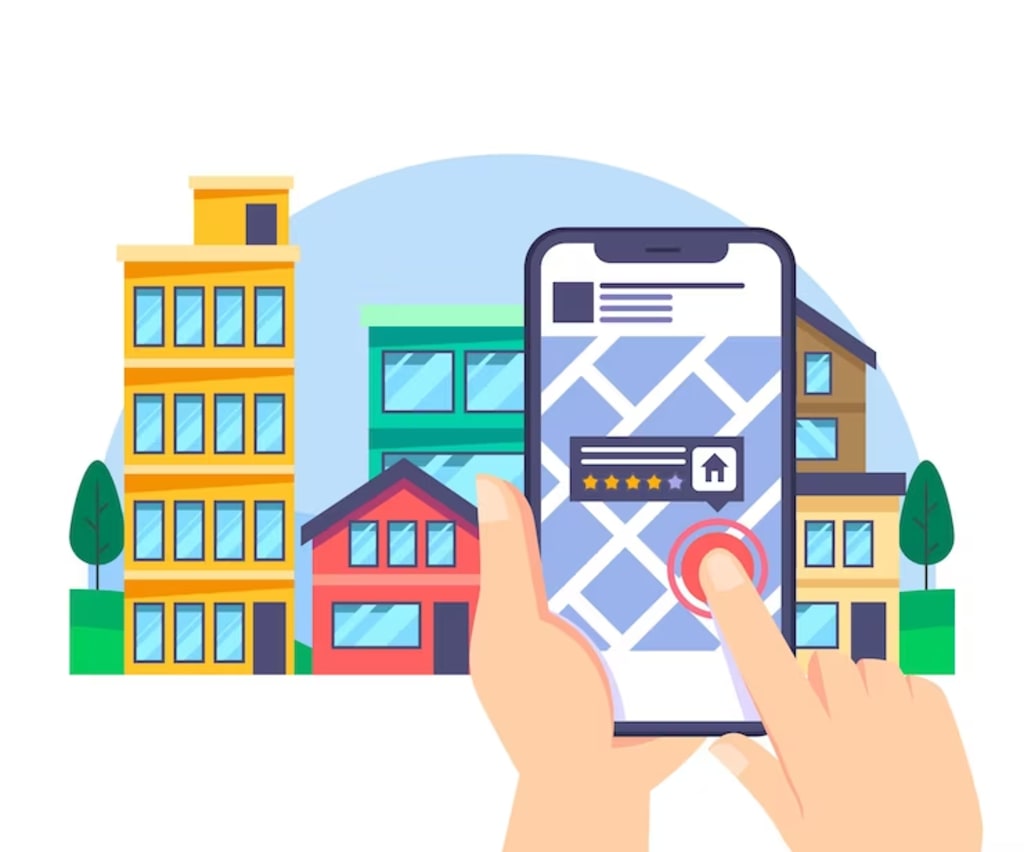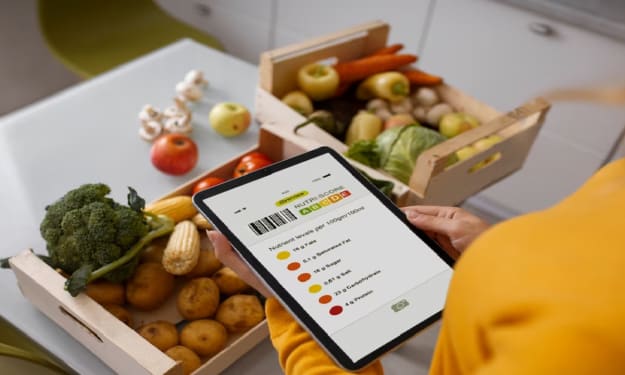
A well-known real estate site that offers users in-depth details about houses, apartments, and other properties that are up for sale or rent is the Zillow app.
Through its user-friendly interface, enormous property database, and a variety of revenue streams, Zillow's business model is centered on generating value for both customers and real estate professionals. We shall examine the main tenets of Zillow's business model in this essay.
Since its establishment in 2006, Zillow has grown to rank among the top real estate marketplaces in the country.
To assist users in making knowledgeable choices regarding the purchase, sale, rental, or financing of real estate, the app provides a wide range of features and services.
The vast property database that houses millions of listings nationwide is one of Zillow's key advantages. To provide accurate and current information about homes, the app compiles data from a variety of sources, including Multiple Listing Services (MLS), public records, and user-generated material.
The two main customer segments of consumers and real estate professionals are the emphases of Zillow's business model. The app provides users with a number of tools that make the process of looking for a home easier.
Users can narrow their search for properties by region, price range, and other details like the number of bedrooms, bathrooms, or type of property. The app offers thorough property details, including pictures, descriptions, and neighborhood information. Additionally, it provides resources for calculating mortgage payments, estimating property prices, and connecting with nearby real estate agents.
To monetize its consumer-facing services, Zillow generates revenue through advertising. Real estate agents and other professionals can purchase advertising space on the platform to promote their listings or services.
Zillow's advertising products include display ads, featured listings, and premier agent advertising. These advertising options allow professionals to reach a large audience of potential buyers and renters, increasing their visibility and chances of closing deals.
Another significant revenue stream for Zillow is its Premier Agent program. This program connects consumers with local real estate agents who pay a fee to receive leads and referrals from Zillow. Premier Agents are featured prominently on property listings and receive additional tools and resources to enhance their marketing efforts. This program has been a key driver of Zillow's revenue growth, as it provides a value proposition for both consumers and real estate professionals.
In addition to serving consumers, Zillow also caters to real estate professionals through its Zillow Group Business division. This division offers a suite of software tools and services designed to help agents and brokerages manage their businesses more efficiently. The Zillow Premier Agent app, for example, enables agents to track leads, communicate with clients, and manage their advertising campaigns. Zillow also provides data and analytics services, allowing professionals to gain insights into market trends and consumer behavior.
Zillow has expanded its business model beyond traditional real estate transactions. In 2018, the company launched Zillow Offers, a service that enables homeowners to sell their properties directly to Zillow without going through the traditional listing process.
Zillow purchases homes at a competitive price, makes any necessary repairs or renovations and then resells them on the market. This service provides homeowners with a convenient and hassle-free way to sell their homes quickly, while also generating revenue for Zillow through property transactions.
How to Build App Like Zillow
Developing an app like Zillow requires careful planning and execution. Here are some key steps involved in the development process:
Conceptualization and Market Research: Begin by defining the scope and purpose of your real estate app. Conduct market research to identify target demographics, analyze competitors, and identify unique features that will differentiate your app.
Define Features and Functionality: Based on your research, create a list of features and functionality that your app will offer. This may include property search, property listings, map integration, filtering options, saved searches, notifications, mortgage calculators, and user profiles.
Design and User Interface: Work with a professional designer or UI/UX expert to create a visually appealing and user-friendly interface. Focus on intuitive navigation, clear property information display, and seamless user interactions.
Backend Development: Develop the backend infrastructure to support your app's functionality. This involves creating databases to store property information, user data, and other relevant data. Implement APIs to fetch property listings and integrate third-party services like maps and mortgage calculators.
Property Data Integration: Partner with data providers or establish direct data feeds to populate your app with property listings. Ensure the accuracy and reliability of the data by regularly updating and verifying the listings.
User Registration and Authentication: Implement a secure user registration and login system. This will allow users to save their searches, favorite properties, and receive personalized recommendations. Consider incorporating social media login options for convenience.
Property Search and Filtering: Develop a robust search engine that allows users to search for properties based on various criteria like location, price, property type, amenities, and more. Implement advanced filtering options to help users narrow down their search results effectively.
Property Listings and Details: Create an appealing property listing template that displays essential details such as property description, price, location, images, virtual tours, floor plans, and contact information. Include interactive maps to show property locations accurately.
Saved Searches and Notifications: Enable users to save their searches and set up notifications for new listings that match their criteria. Implement push notifications or email alerts to keep users updated on relevant property updates.
Mortgage Calculators and Financial Tools: Integrate mortgage calculators and financial tools to help users estimate loan payments, affordability, and other financial aspects of property transactions. Partner with financial institutions or utilize APIs for accurate calculations.
User Reviews and Ratings: Incorporate a feature that allows users to provide reviews and ratings for properties they have visited or interacted with. User-generated content can enhance the credibility and engagement of your app.
Monetization Strategies: Determine your monetization model. You can generate revenue through various channels, such as advertising, featured listings, subscriptions for additional features, or partnerships with real estate professionals for lead generation.
Testing and Quality Assurance: Conduct rigorous testing to ensure the app's functionality, performance, and compatibility across different devices and platforms. Address any bugs or issues that arise during testing.
Launch and Marketing: Deploy your app to the relevant app stores, such as the Apple App Store and Google Play Store. Develop a marketing strategy to promote your app through online advertising, social media campaigns, SEO, and partnerships with real estate agencies.
Continuous Improvement: Gather user feedback, analyze app usage data, and make regular updates and improvements to enhance user experience and stay competitive in the market.
Developing an app like Zillow requires a skilled development team with expertise in mobile app development, backend programming, UX/UI design, and data integration. It's crucial to prioritize user experience, reliable data, and seamless functionality to create a successful real estate app.
In summary, the Zillow app's business model revolves around creating value for consumers and real estate professionals. By offering a comprehensive range of features and services, including property search tools, advertising opportunities, and software solutions, Zillow has established itself as a leading real estate marketplace in the United States. Through its various revenue streams, including advertising, the Premier Agent program, and direct property transactions, Zillow has built a successful business model that benefits both its users and its bottom line.
About the Creator
Bhavika
Bhavika is the SEO Executive.






Comments
There are no comments for this story
Be the first to respond and start the conversation.